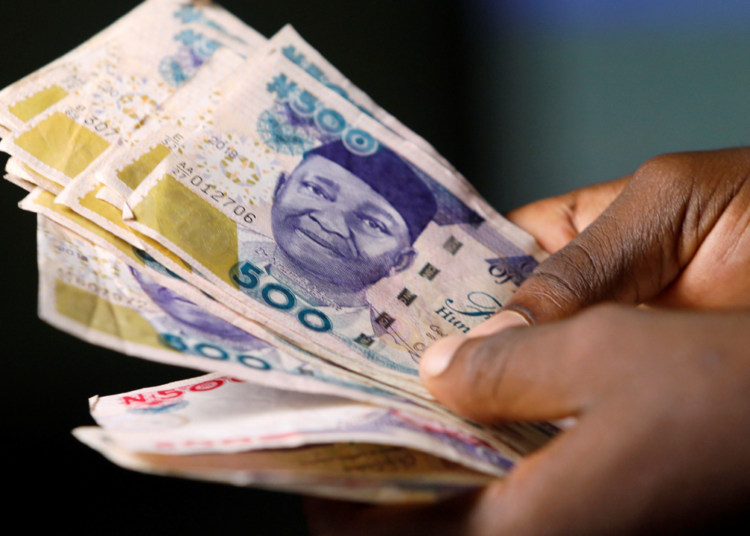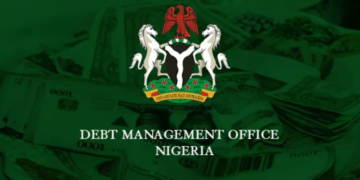The federal government, recently, kicked off the disbursement of the planned N25,000 conditional cash transfer to 15 million, supposedly, vulnerable Nigerian households as part of efforts to ameliorate the impact of the harsh economic situation in the country compounded by the removal of subsidy on fuel. Under the scheme economy observers believe is a carryover of the trader moni policy of the immediate past administration, that amount will be transferred to each beneficiary for three months.
Also, it is expected that in the next six months, the programme will provide cash transfers to households living in extreme poverty, with the aim of improving their welfare and reducing their vulnerability.
The launch of the conditional cash transfer programme coincided with the commemoration of this year’s International Day for the Eradication of Poverty. The government said it is collaborating with the World Bank and other development partners to implement it. The transfer also serves as part of business grant as well as part of other forms of support for the most vulnerable households via the National social safety net expansion programme.
Based on the intendment of the programme which targets the poorest of the poor and most vulnerable, we are persuaded to posit that it is an initiative that deserves commendation. However, despite the identifiable good intentions of the programme, there are apprehensions in regard to perceived challenges that must be addressed for it to succeed.
As a newspaper, we appreciate the effort of government to lift millions of Nigerians out of the poverty threshold even as we observe that the reality on ground is pushing even more into the poverty bracket. Experts argue that with all the good intentions of the programme, it is inordinately ambitious. We are persuaded to concur that it is not sustainable in the long run based on past experience.
Also, we do not think that giving each of the 15 million households N25,000 per month for three or six months will be enough to lift them out of poverty. And what’s more, with rising cost of food items, can N25,000 feed a household of four persons in a month? This question becomes pressing considering the fact that some of the beneficiaries are truly poor and the amount will merely be like a bucket of water in a hot desert, a meal subsidy of sorts.
Even more pertinent, in our view, are some questions on the lips of Nigerians: How were the beneficiaries (the vulnerable households) selected? How do we ensure that the money gets to the actual beneficiaries? What happens to the rest of Nigerians who are also struggling with life?
One of the major challenges facing the conditional cash transfer programme is the identification of the so called poorest and most vulnerable households. The process of identifying the beneficiaries is sometimes flawed, as some households that are not truly poor and vulnerable are included in the programme based on sundry considerations such as their political affiliation and or affinity that has to do with next-of-kin. Given that circumstance, some deserving households may be left out.
To address this challenge, the government must ensure that the identification process is transparent, objective and free from political and other interferences.
Another challenge facing the programme is the issue of inadequate funding. The programme requires significant resources to be successful, and the current funding level is not enough to meet the needs of the targeted households. The government must, therefore, increase its funding allocation to the programme to ensure that it is adequately funded. And where does the government get the money from? Another borrowing?
The issue of corruption, in our view, is another challenge that must be addressed. There had been reports of such funds being diverted by corrupt officials in the past, leaving the targeted households without the intended benefits. An example of such case of corruption was what happened under the last administration. The government must ensure that the programme is closely monitored to prevent corruption, and those found guilty of untoward practices made to face the law.
To ensure the success of the programme, we consider it imperative to suggest that the government ought to focus on building the capacity of the targeted households. The programme should not just provide cash transfers but should also include training and support to help the households become self-sufficient. This will enable them to break the cycle of poverty and become productive members of society.
Notwithstanding the challenges, it is our opinion that the programme is a laudable initiative aimed at reducing poverty. However, those obstacles confronting its workability must be addressed for it to succeed. The government must ensure that the identification process is transparent. It must also increase funding allocation, prevent corruption, and focus on building the capacity of the targeted households. With these measures in place, the programme can achieve its intended objectives, and the poorest and most vulnerable households may, perhaps, enjoy a better life.





